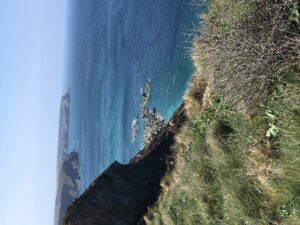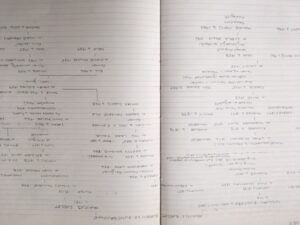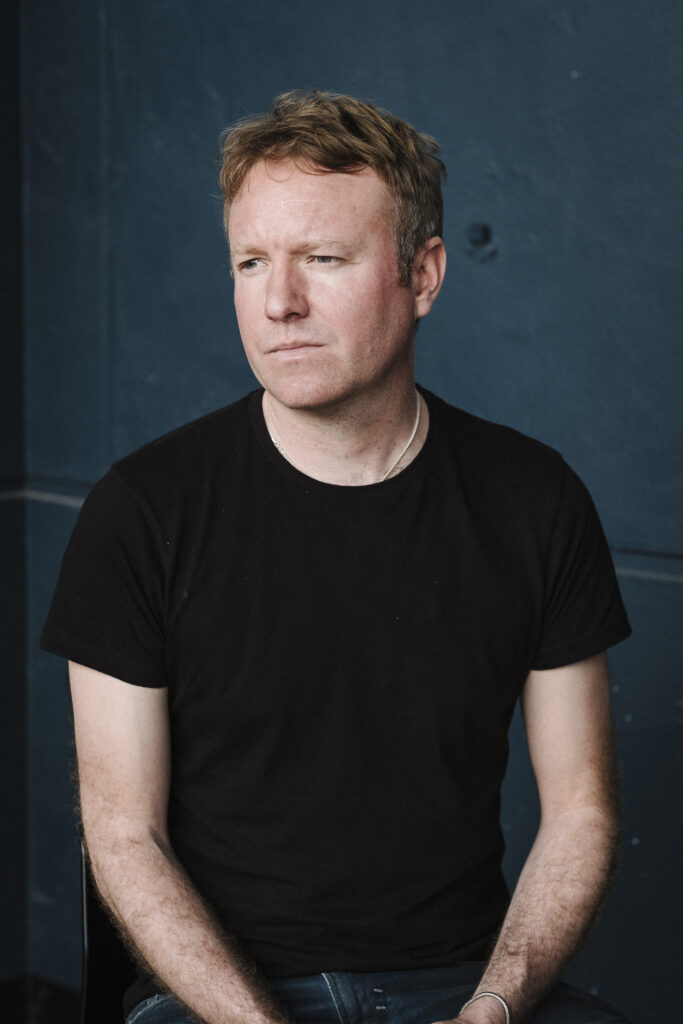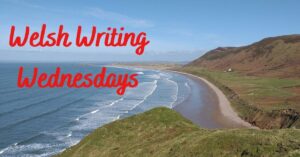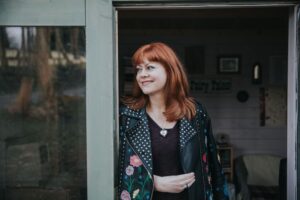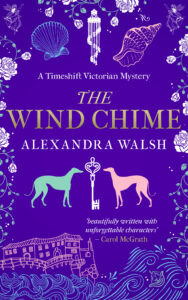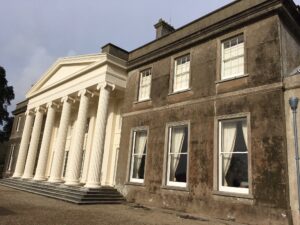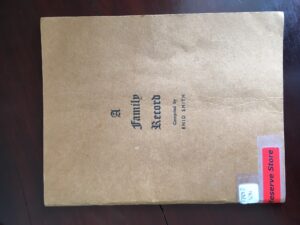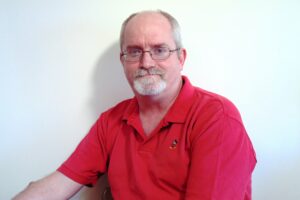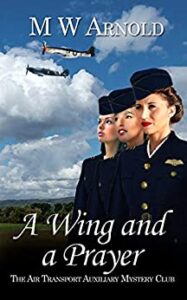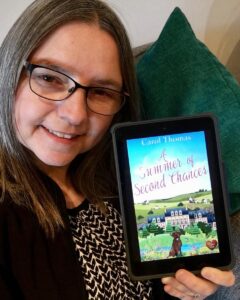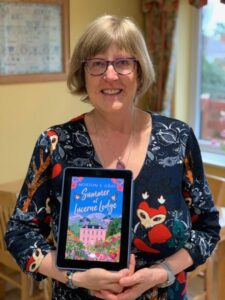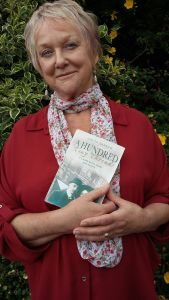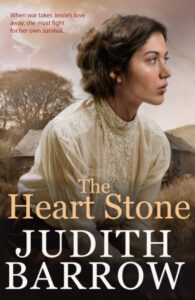As a young child, I was an avid reader, and I was very fortunate that my mother bought me many books. They were beautiful hardback copies of books such as The Waterbabies, Enid Blyton classics, and many books by Hans Christian Andersen. I particularly loved The Princess and The Pea and The Little Matchmaker. Although I grew up in West Wales, as I am half Danish, I was privileged to visit Hans Christian Andersen’s house in Denmark (Odense) many times. It was always a magical feeling when you walked out of there with a new book stamped with the official stamp from his house.
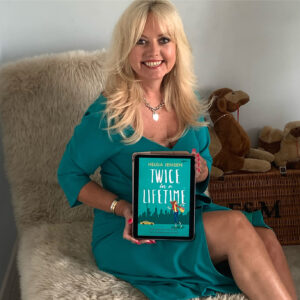 With my love of books, I dreamed of one day becoming a writer, just ‘like Enid Blyton.’ However, there were two dreams I had and being cabin crew was my other dream. Therefore, as soon as I was old enough, I applied to a few airlines for a job. My first dream came true when I successfully got a position with a great airline in Bahrain called Gulf Air. They were some of the best days of my life. I also went on to fly on private jets for royalty which was a fantastic experience.
With my love of books, I dreamed of one day becoming a writer, just ‘like Enid Blyton.’ However, there were two dreams I had and being cabin crew was my other dream. Therefore, as soon as I was old enough, I applied to a few airlines for a job. My first dream came true when I successfully got a position with a great airline in Bahrain called Gulf Air. They were some of the best days of my life. I also went on to fly on private jets for royalty which was a fantastic experience.
Having had these experiences, the writer within me started to niggle away at me. So, I did a journalism course through the London School of Journalism in 2002 and started writing. My dream was to write a book, but I thought perhaps if I had published work in magazines and newspapers, it would put me in good stead to get a book published. This led to a successful career as a freelance journalist and I still write for publications in the Middle East.
As I lived in Dubai for almost 25 years, I was extremely lucky to have access to the Emirates Literary Foundation and their annual Literary Festival. At the festival, you had the opportunity to enjoy meetings with prominent writers and agents. At one of the meetings, I met a fantastic agent who encouraged me to keep writing. So, I did, and the following year, the first chapter of my debut novel was a winning entry in the Montegrappa First Fiction competition. Winning this gave me the confidence to believe that I must be doing something right. I then embarked on a BA Hons in English Literature and Creative Writing, which I finished 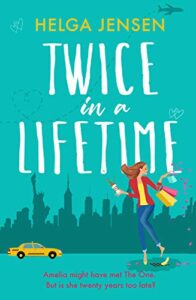 last year. As covid hit, my degree ended a little earlier than expected, which gave me the chance to edit and polish my debut and submit it to publishers. I was delighted when I received two separate two book publishing contracts! I chose to publish with Hera Books, and my debut, Twice in a Lifetime, was released on June 23rd 2021. I am now working on a Creative Writing MA at Bath Spa University, and my second book is due out around spring next year. Both books include settings in Wales. Twice in a Lifetime is set in Laugharne and New York, and my second book will be set possibly in Llanelli and Denmark. I have a few meetings with agents coming up through the Romantic Novelists’ Association, so I am unsure what I will do next, but I still have lots of ideas bubbling away!
last year. As covid hit, my degree ended a little earlier than expected, which gave me the chance to edit and polish my debut and submit it to publishers. I was delighted when I received two separate two book publishing contracts! I chose to publish with Hera Books, and my debut, Twice in a Lifetime, was released on June 23rd 2021. I am now working on a Creative Writing MA at Bath Spa University, and my second book is due out around spring next year. Both books include settings in Wales. Twice in a Lifetime is set in Laugharne and New York, and my second book will be set possibly in Llanelli and Denmark. I have a few meetings with agents coming up through the Romantic Novelists’ Association, so I am unsure what I will do next, but I still have lots of ideas bubbling away!
Follow Helga on Twitter @HelgaJensenF



